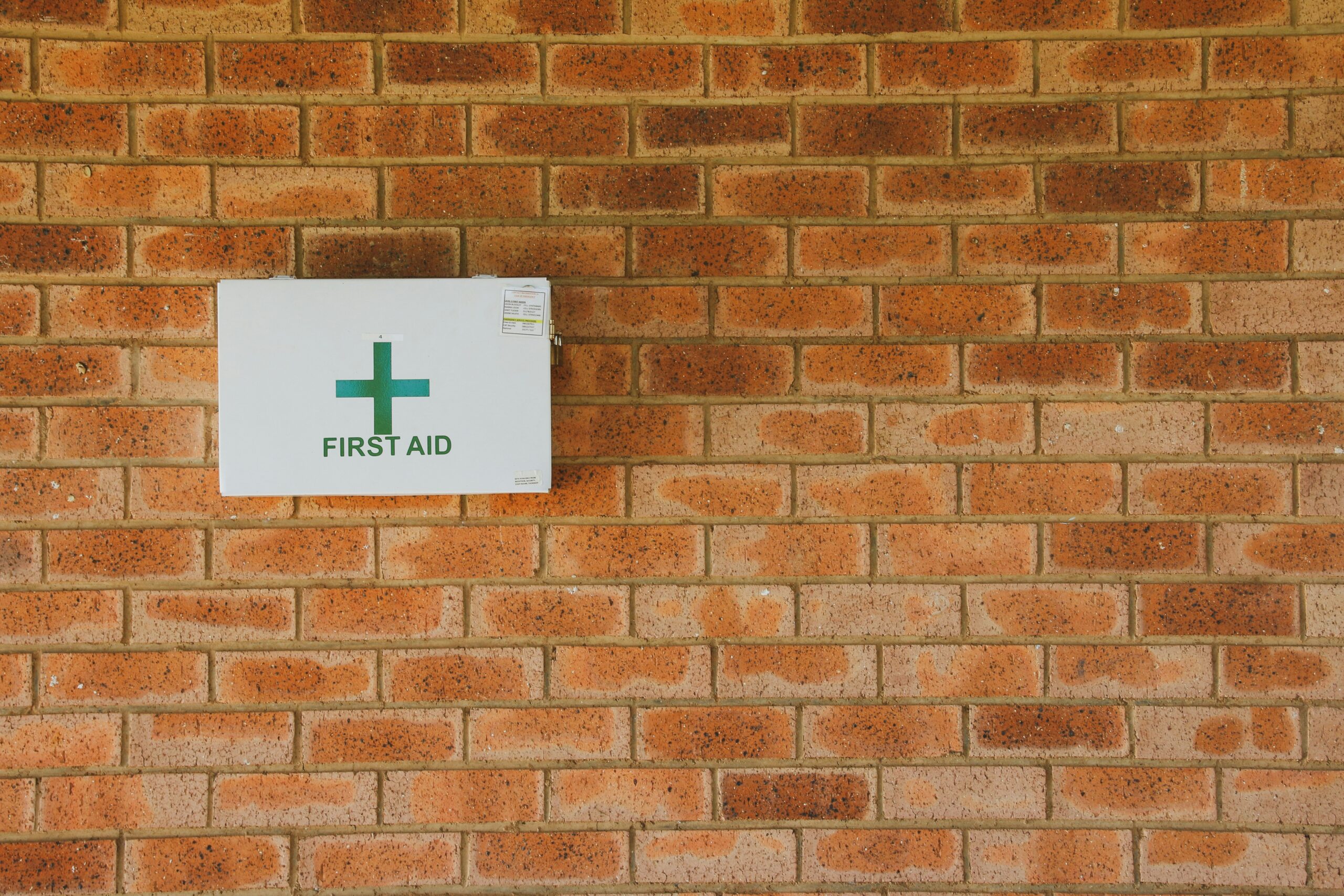
Data recovery in an emergency: What you should (and shouldn't) do immediately
A sudden loss of data is a moment that catches many people off guard. Whether it’s important business documents, private photos or other valuable information – the question of how to react now is crucial. Because it’s not just the damage itself, but also your own behavior afterwards that can make the difference between a successful data recovery and a permanent loss. So what should you do and what should you leave alone? We have the answers.
Keep calm and proceed systematically
The first step in the event of data loss is as simple as it is important: stay calm. Panic or hasty attempts are one of the most common reasons why data is irretrievably destroyed. Instead, try to systematically analyze the damage. Ask yourself: What has happened? Is it a hardware error, an accidental deletion or perhaps even physical damage caused by water or falls?
The more accurately you can assess the source of the problem, the better your chances of a successful rescue. And above all: the less you use the affected device, the higher the probability that professional data rescuers will be able to help you.
What you should do immediately
- Switch off the device:
If you suspect that your hard disk or other storage medium is damaged, switch off the device immediately. Any further operation can worsen the damage – for example by overwriting deleted data or mechanical defects in hard disks. - Do not open the medium yourself:
Even if it is tempting to inspect the affected device yourself, you should avoid this at all costs. Hard disks and SSDs in particular contain sensitive components that can be permanently damaged by improper handling. - Safe storage:
Keep the storage medium safe until you can seek professional help. In the event of water damage, do not allow the medium to dry out, but place it in a sealed plastic bag to prevent further corrosion.
What you should avoid
Do not attempt to use software tools yourself:
There are numerous programs circulating on the internet that claim to be able to recover deleted or damaged data. These tools can be helpful in some cases, but they also harbor considerable risks. If they are used incorrectly, they can worsen the damage and make professional recovery impossible.
Do not continue to use:
If a computer or laptop is still running despite potential memory damage, avoid working on it or saving new data. Any saving could overwrite important fragments of the lost data.
No improvised repair methods:
Home remedies such as freezing hard disks or using rice for water damage are strongly discouraged. Such methods usually cause more damage than they help.
When professional help is needed
In most cases, a professional data recovery service is the only reliable solution for recovering lost data. Such specialists have clean room laboratories, special tools and the necessary know-how to extract data even from severely damaged storage media. This is the only sensible option, especially in the case of physical damage such as a hard disk head crash or defective memory chips.
Contact the service provider at an early stage and provide as much information as possible about the damage. The more details you can provide about the incident, the better the experts can work.
